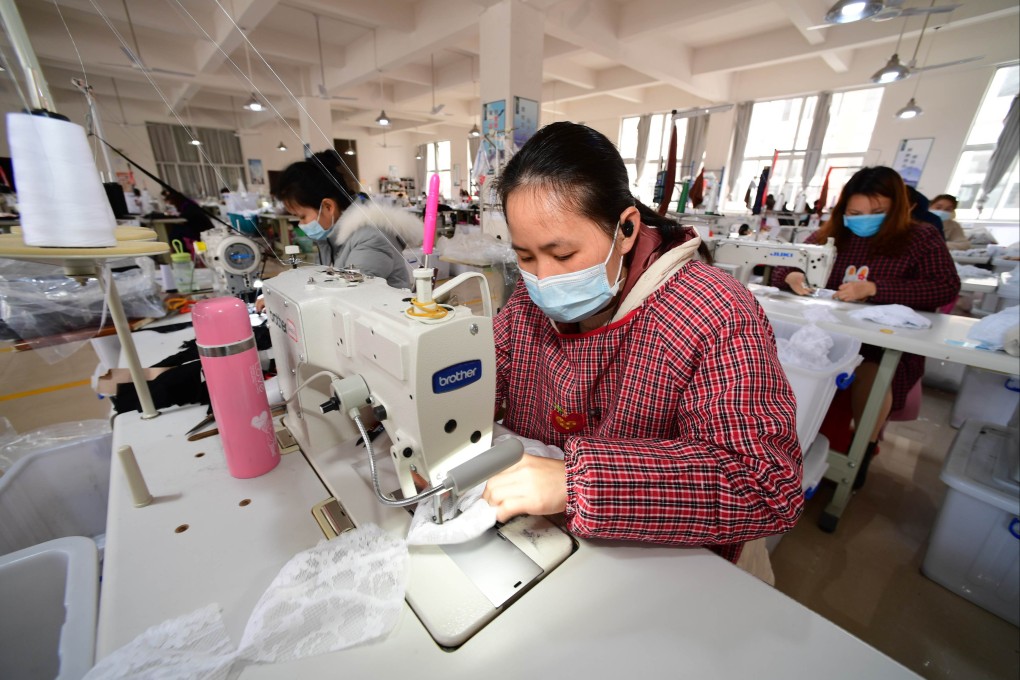Opinion | Why Beijing has no cause for celebration if it reaches the threshold of high-income country
- The living standards for a great majority of Chinese cannot justify being labelled ‘high income’, as 600 million people still live on a monthly income of 1,000 yuan (US$157)
- China’s economic decision makers, including Vice-premier Liu He, have made it clear that the middle income trap will remain a real threat in the foreseeable future

China’s per capita GDP this year is set to exceed US$12,000, approaching or even exceeding the World Bank threshold for a high-income country at US$$12,696. This is likely to revive the debate over whether China should be seen as a rich or poor country.
The implications could be serious. For many years, China has positioned itself as a “developing” country, and insisted that its status may not change until the middle of this century. The self-perception of being a developing country is the starting point for many of China’s domestic and foreign policies.
There will be pointed questions asked at home if China becomes a “high income country”, such as “Why am I still poor when my country is rich?”
The living standards and welfare for the great majority of Chinese people simply cannot justify being labelled “high income” – there are still 600 million people living on a monthly income of 1,000 yuan (US$157) or less.
The Chinese government has started to respond to the changes, putting “common prosperity” at the top of the agenda, after eliminating “absolute poverty”.
There is much more to be done in terms of welfare, but the process can be tricky as improved welfare could lead to fresh demands for even more assistance. The government has been working hard to deliver the message that the country is not yet ready to become a welfare state.

